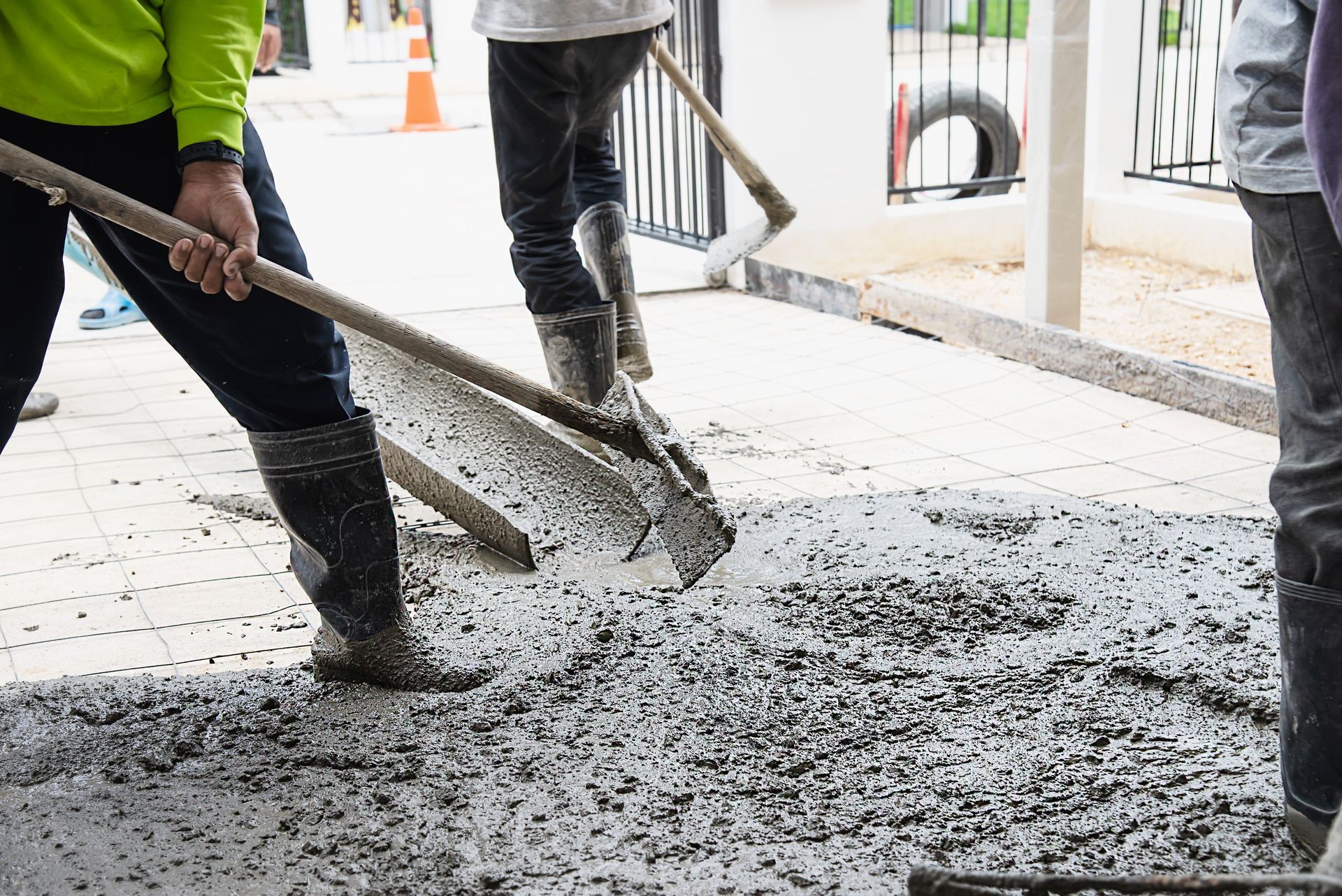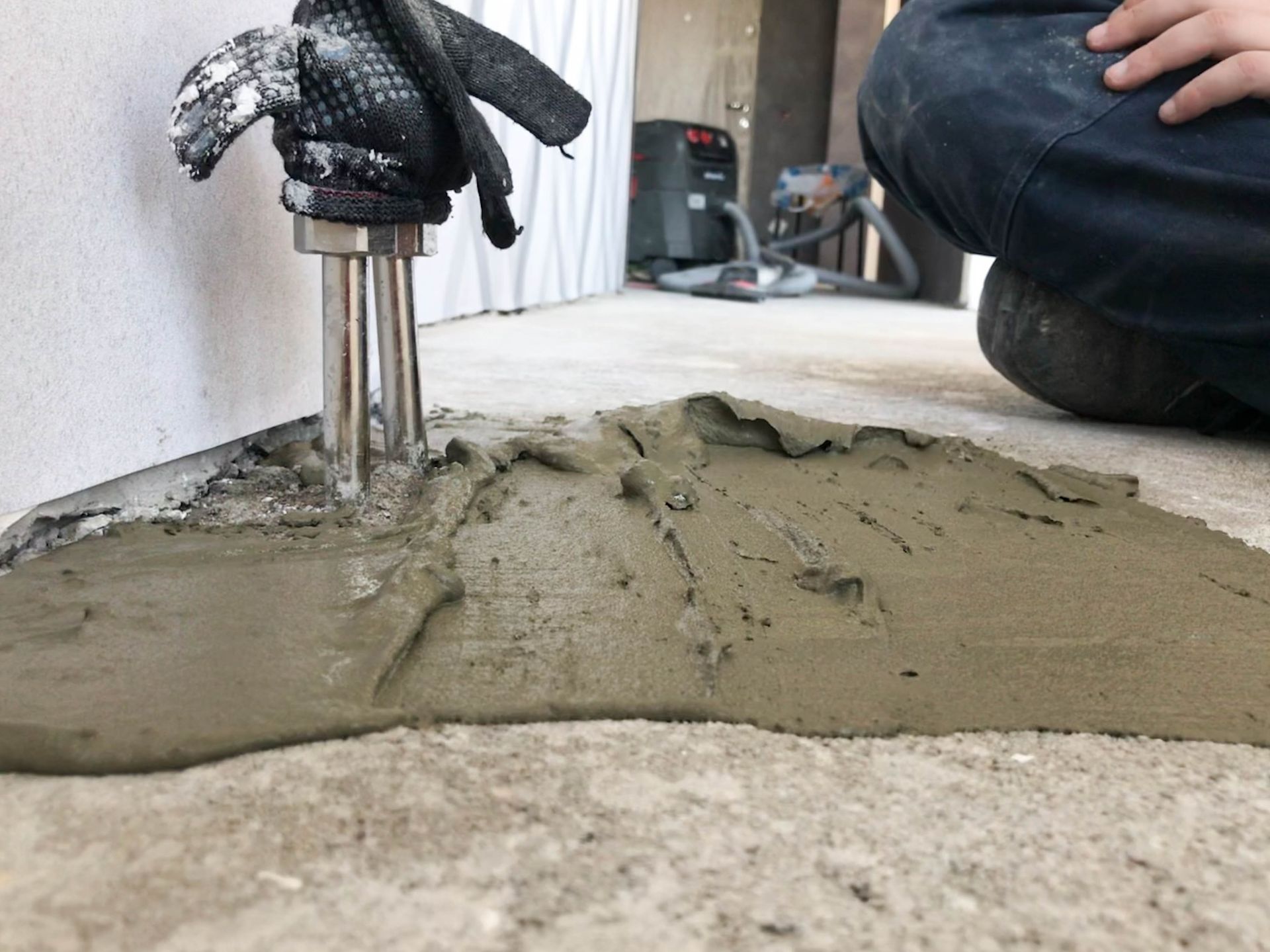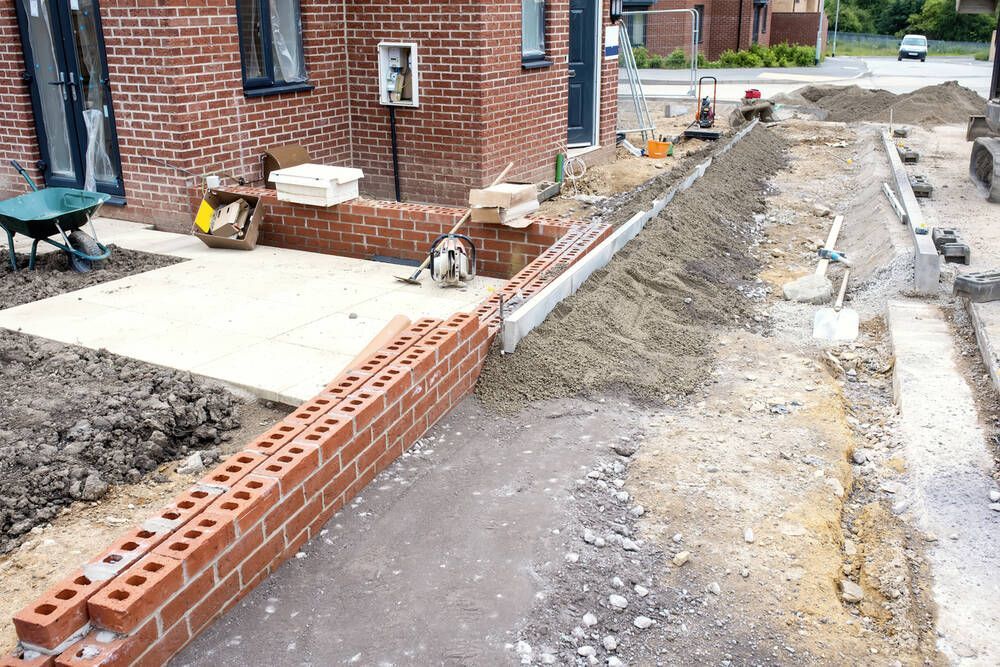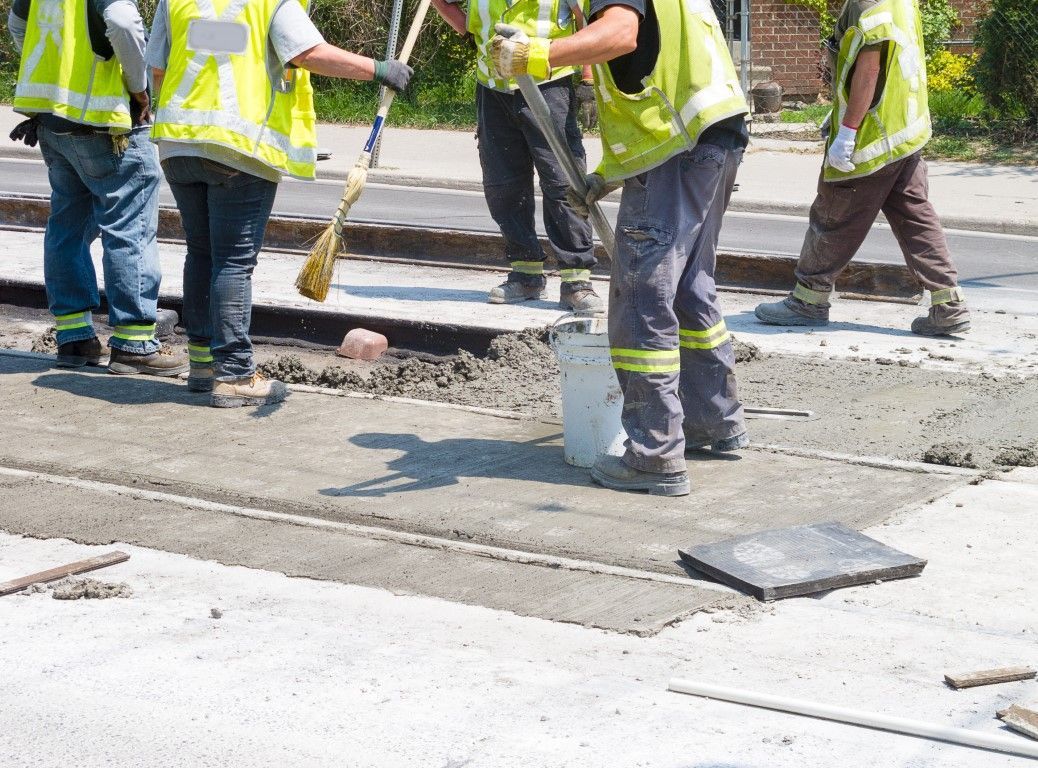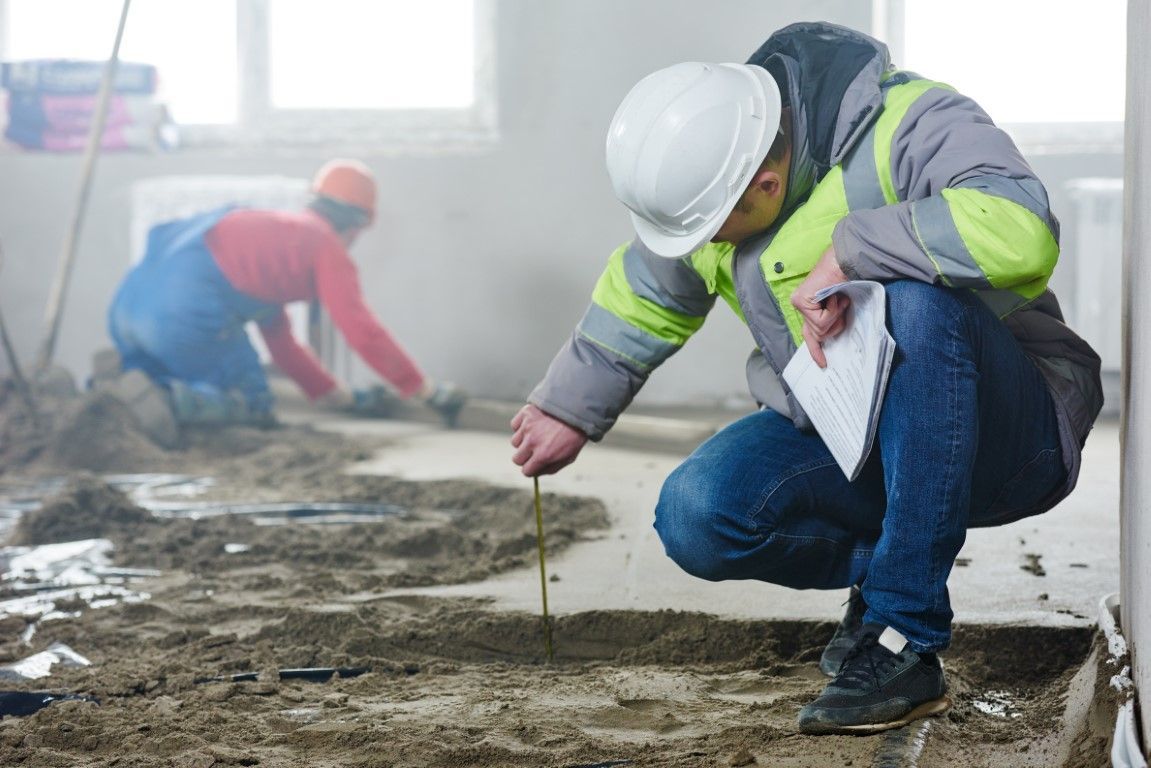What to Do When Concrete Cracks?
Managing Cracked Concrete:
Concrete is a popular building material known for its durability, but it can develop cracks over time. These cracks can be caused by factors such as temperature changes, ground settling, or heavy loads. In this guide, we'll discuss how to identify the causes of concrete cracks, ways to prevent them, and steps to take if cracks appear.
Understanding Concrete Cracks
Concrete cracks can occur for various reasons:
Shrinkage: Concrete shrinks as it cures, which can lead to cracks.
Temperature Changes: Extreme temperatures can cause concrete to expand and contract, leading to cracks.
Ground Settlement: Changes in the soil underneath can cause the concrete to settle unevenly, resulting in cracks.
Overloading: Excessive weight or pressure on the concrete can cause it to crack.
Preventing Concrete Cracks
While it's impossible to prevent all cracks, you can take steps to minimize them:
Proper Mixing: Ensure the concrete is mixed correctly to prevent shrinkage cracks.
Use of Reinforcement: Adding rebar or wire mesh can strengthen the concrete and reduce cracking.
Control Joint Placement: Placing control joints can help control where the concrete cracks, reducing random cracking.
Proper Curing: Keep the concrete moist and protected from extreme temperatures during curing to prevent cracking.
Repairing Cracked Concrete
If cracks do appear, it's important to repair them promptly:
Clean the Crack: Remove any debris or loose material from the crack.
Fill the Crack: Use a concrete patching compound or epoxy resin to fill the crack.
Smooth the Surface: After filling the crack, smooth the surface of the patch.
Seal the Surface: Consider applying a concrete sealer to prevent future cracking and protect the repair.
When to Seek Professional Help
For large or structural cracks, it's best to consult a professional concrete contractor for assessment and repair recommendations.
Understanding the causes of concrete cracks and taking preventive measures can help minimize their occurrence. Prompt repair of cracks can prevent further damage and maintain the integrity of the concrete. If you're unsure how to proceed, consult with a professional such as
Diggy Des Plaines Concrete Service to ensure proper resolution.
GET YOUR FREE QUOTE TODAY!
We put a great deal of emphasis on delivering quality workmanship to our clients. We understand that your construction project is an investment, and we want to make sure that we provide you with accurate and effective solutions that meet your expectations. With our team of expert professionals, we ensure that every project we undertake is completed to the satisfaction of our clients.
QUICK LINKS
COMPANY INFO
DIGGY DES PLAINES CONCRETE SERVICE
1245 E Forest Ave, Des Plaines, IL 60018, United States of America
